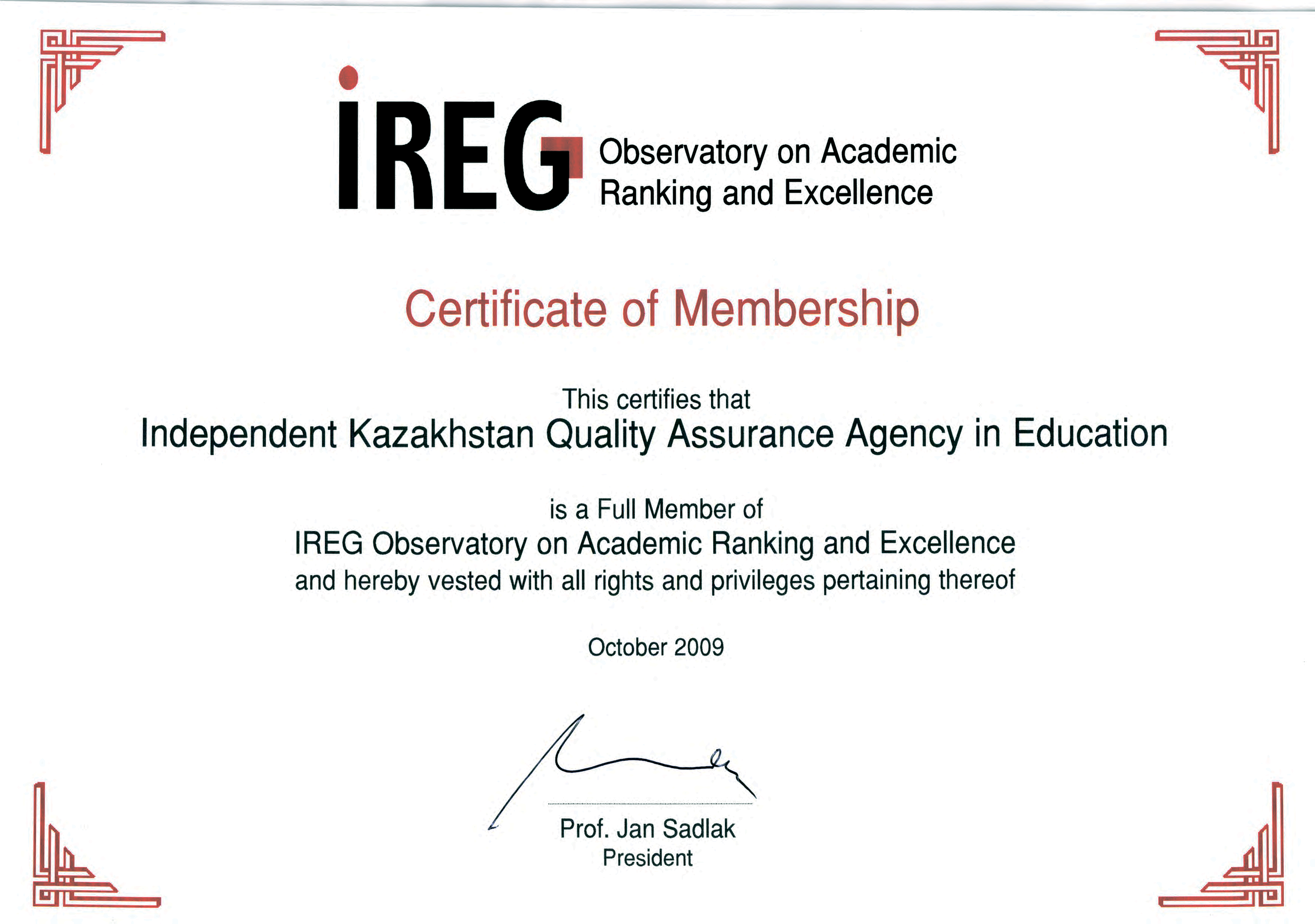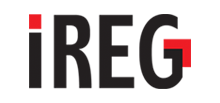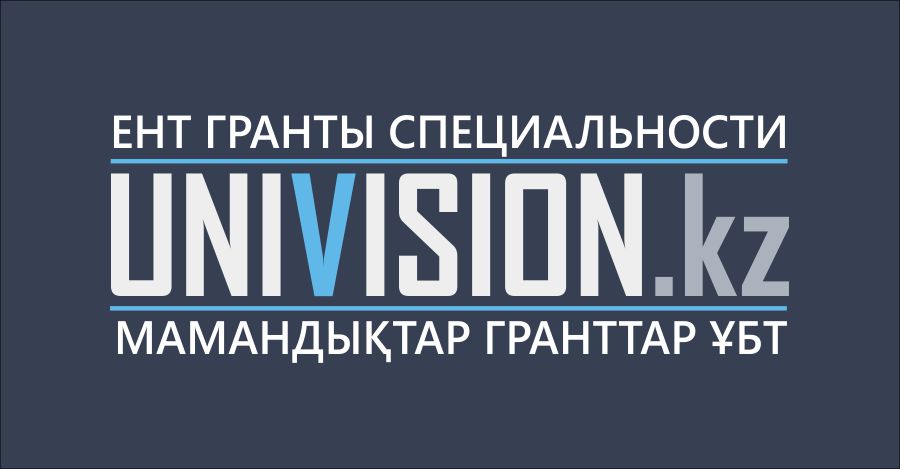
National Rating of the Best Universities of Kazakhstan-2018
Professor Sholpan Kalanova – the President of Independent Agency for Quality Assurance in Education - Ranking, Doctor of Pedagogical Sciences
Independent Agency for Quality Assurance in Education - Ranking represents the next (tenth) annual National rating of the best universities in the country:
- National Ranking of the Best Comprehensive HEIs of Kazakhstan
- National Ranking of the Best Technical HEIs of Kazakhstan
- National Ranking of the best Humanitarian and Economic HEIs of Kazakhstan
- National Ranking of the Best Medical HEIs of Kazakhstan
- National Ranking of the Best Art HEIs of Kazakhstan
- National Ranking of the Best Pedagogical HEIs of Kazakhstan
Only recently has the last call for school leavers ring out and it is very important for every applicant to make a choice in life, to find a suitable higher educational institution for themselves, which will be a reliable foundation for future career building.
Young people have to analyze a lot of factors, weigh up all the pros and cons to understand which university to choose. This concerns the choice of a specialty, the location of an educational institution, its prestige and level of teaching, the availability of state grants, the amount of tuition fees, the prospects for employment and other important factors. It is not easy to make this analysis yourself without sufficient information.
An accreditation – both institutional and curriculum gives a comprehensive picture of the quality of education for each particular institution. All information on accredited universities and educational programs is regularly posted on the website of Independent Kazakhstan Agency for Quality Assurance in Education: www.iqaa.kz.
However, the pace of life is accelerating, and current applicants and other interested parties demand a quick result in an accessible form, a sort of "cheat sheet", so the ratings are currently highly popular, both in Kazakhstan and around the world.
In the Message to the People of Kazakhstan of January 10, 2018 "New Opportunities for Development in the Context of the Fourth Industrial Revolution", the Head of State noted: "It's time for education to be treated as a separate branch of the economy with its investment projects and export potential". The role of higher education in development of human capital and a knowledge-based economy is difficult to overestimate. University rating – is one of convenient, accessible, informative tools for assessing the quality of higher education.
The national rating of the best universities in Kazakhstan considers the main aspects of the educational institutions activities, including the quality of education, the level of science, the competitiveness of teachers and graduates in the labor market. At the same time, it allows to evaluate higher education institutions in terms of the quality of obtaining knowledge and skills that are in demand among employers and according to experts' estimates.
Independent Agency for Quality Assurance in Education – the Rating has been publishing national ratings of the best Kazakhstan universities for the past ten years, starting from 2008.
It should be noted that participation in the National Rating is voluntary for all universities. In order to attract higher education institutions to participate in the annual National Rating, an announcement is posted on the Agency's website, newsletters are sent to all universities. However, the decision to participate in the ranking is taken directly by the university.
However, presence in the rating is prestigious and is a kind of advertising for the university, because the ratings results are published by various media, among leading news agencies, newspapers, magazines, TV channels, news websites.
All interested parties will learn about the university potential through the mass media: applicants and their parents, foreign applicants, employers, funds, associations and state bodies.
The National Rating methodology is based on the Berlin Principles for Ranking Higher Education Institutions adopted at the second conference of the International Expert Group on IREG-2 Ratings, held in Berlin on May 18-20, 2006.
The Berlin principles put forward the requirements for transparency, adequacy, fairness in the analysis of data, and justify measures to ensure quality to the ranking processes.
The National Rating methodology uses a scientific approach and international experience. The National rating methodology is published in foreign magazines in the field of higher education "Higher Education in Europe" (No.2-3, 2008) (London), in the "International Higher Education" magazine (2010) in Chinese and English in Shanghai. Information on each indicator and criterion, distribution of their weight, are provided to all universities participating in the National Rating.
Assessment of the university in the National rating methodology of universities in Kazakhstan is conducted on the statistical data provided by universities, with submission of supporting documents. Some of the indicators are taken from independent sources, such as the scientific publications database SCOPUS, the Clarivate Analitics (formerly Thomson Reuters), the Russian Scientific Citation Index (RSCI), the results of the university students educational achievements external evaluation (EEEA), the number of graduates of institutions of higher education enrolled in the Bolashak program, the number of teaching staff who received a grant from the Ministry of Education and Science of the Republic of Kazakhstan as the "Best University Teacher".
Overall evaluation of academic achievements is conducted on six indicators: the contingent of students – 10%; the results of training of students and the number of educational programs implemented in the university – 14%; the academic staff: teaching staff – 12%; research and innovation work – 15%; international cooperation – 12%; information support – 7%. Each indicator has its own criteria, more detailed distribution of weight percent by criteria can be found on the website www.nkaoko.kz.
It should be noted that in accordance with the Berlin Principles, the methodology of the National University Ranking is constantly being improved, and corrections are made to it due to changing conditions. At the same time, these changes do not affect the overall balance of indicators and the way of final assessment of universities. So, this year the new item "The ratio of the number of brought student bodies to one full-time teacher" is added in the rating methodology.
Thus, academic indicators of universities make up 70% of the National Rating results. The remaining 30% are distributed equally to the reputational assessment of universities by Kazakhstani and foreign experts in higher education (15%) and employers (15%).
The sample of Kazakhstani and foreign experts is determined by the Agency from among the teaching staff of Kazakhstani universities, and countries of near and far abroad. It should be noted that the experts either participated in accreditation of Kazakhstani universities, or have other experience that allows them to assess the level of education in these universities. A sociological survey of experts is conducted by sending e-mail questionnaires, the answers to which reflect personal assessment of a particular expert.
This year, more than 800 questionnaires were sent out, and nearly 200 completed questionnaires from Kazakhstani experts (24%) were received. In addition, foreign experts, mainly from Russia, as well as from Poland, Lithuania and Estonia, have responded.
The sample of employers is also not random. According to the methodology, employers represent two representative groups. The first is representatives of state bodies: central and local executive bodies, the second is sectoral employers (national companies, large, medium and small businesses, associations). The survey questionnairy of both groups of employers reveals the level of preparedness of Kazakhstani universities graduates.
A total of 825 questionnaires were sent to the ministries and akimats by courier mail, and more than 400 completed questionnaires were received, which shows a very high percentage of respondents (48%).
The Ministry of Justice of the RK, the Ministry of Finance of the RK, the Ministry of Energy of the RK, the Ministry of Education and Science of the RK, the Ministry of Defense and Aerospace Industry of the RK and the Ministry for Religious Affairs and Civil Society of the RK took an active part in the questionnairy. Among the local executive bodies the Akimats of Akmola, Almaty, Kyzylorda, Zhambyl oblasts and Akimat of Astana city were the most active. We express our sincere gratitude to all who took part in the universities evaluation.
A total of more than 1,800 questionnaires were sent by e-mail to companies at various levels, organizations and associations, and 227 completed questionnaires were received from managers, their deputies and mid-level managers. Here the share of the respondents is also representative, but still much lower (13%), which is regrettable, since the managers of enterprises and organizations make decisions about employment of a particular graduate. In this regard, we would like to wish the management of companies, organizations and enterprises not to be indifferent and to take a more active part in the future questionnairies.
The final score on three questionnaires results of the institutional rating is presented in the areas of activity of higher educational institutions: multidisciplinary, technical, humanitarian and economic, universities of arts, medical and pedagogical universities. According to the website of the Ministry of Education and Science of the Republic of Kazakhstan (edu.gov.kz), there are currently 116 public universities in Kazakhstan (universities, academies, institutes). 60 universities took part in the National rating of 2018, but not all universities were able to enter the rating.
In addition to the institutional rating, the Agency also conducts a rating of education programs of universities. The methodology of education programs rating and the ranking results are available on the website www.nkaoko.kz. 60 universities reported data on 289 education programs in the program rating of 2018 (last year there were 279). The total number of university questionnaires for these programs exceeded 1 100.
Among the top five in terms of the submitted education programs number are the Kazakh National University named after al-Farabi (155), Eurasian National University named after L.N.Gumilev (129), Karaganda State University named after E.A.Buketov (128), South-Kazakhstan State University named after M.Auezov (109), Pavlodar State University named after S.Toraigyrov (63).
The National Rating results represent a wide field of researching the strengths and weaknesses of universities, opportunities and risks, which allows them to conduct a full-scale analysis and work on further improvement in all areas.
In this regard, the leaders in the field of higher education can be encouraged to continue to develop incentives of a systemic nature for the teaching staff with the aim of developing new methods for teaching students, strengthening research, management and informing the public through university websites.
We can also recommend branch managers and patrons to support supervised universities, invest in science, improve the material and technical base of universities, create new scientific laboratories, attract students to projects, which will certainly affect the rating of universities and the prospects for their development.
Taking into account that Kazakhstan took the course for the economy digitalization, which is reflected in the State program "Digital Kazakhstan", approved in 2017, the universities, positioning themselves as the vanguard of science and education, should pay more attention to these tasks. Within the Digital Kazakhstan program, the "Industry 4.0" concept is planned, and for this purpose the specialists with new knowledge and skills will be required.
Thus, the President of Kazakhstan Nursultan Nazarbayev, speaking at a joint sitting of the Parliament of Kazakhstan, held on March 5, 2018, within the "Five Social Initiatives of the President" directed to allocate an additional 20 thousand grants besides 54 thousand educational grants in 2018-2019. Of these, 11 thousand will be directed for training of bachelors in technical specialties for teaching the engineers, specialists in field of information technology, robotics, nanotechnology, that is, those specialties that will be in demand in the next few years under the "Industry 4.0".
We hope that the Best Universities National Rating of 2018 contains useful and interesting information for this year entrants to universities and their parents, and all interested parties. Everyone can get acquainted with the universities and training programs rating results for past years too, and to trace their dynamics on the Agency website www.nkaoko.kz. Study, compare, analyze, and make the right decision for yourself.
In conclusion, it is necessary to give proper respect to all higher educational institutions of Kazakhstan, which regardless of ratings positions, continue to work and improve, in the words of the old student hymn: "Vivat Academia! Vivant professores!" "Long live the university, long live the professors!".








